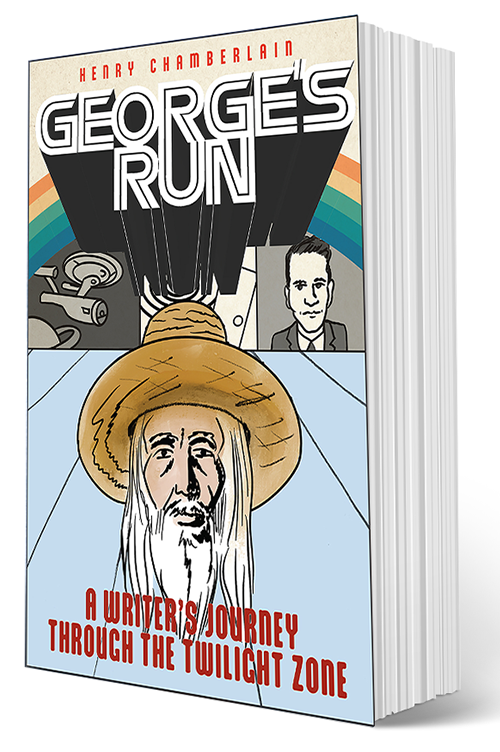“Colonial Comics” is a trilogy of anthology comics, published by Fulcrum. The first part to the series sets the tone and covers the period known for the Puritans and Plymouth Rock; the iconic Native American guide Squanto; John Winthrop; Cotton Mather; and the Salem witch trials. Editor Jason Rodriguez is highly sensitive to what, for him, amounts to confronting a lot of New England factoids fed to him in childhood. A lot of cartoonists in and around the East Coast can relate to that view and it is this regional zest for fresh insight that powers this series. This is just the sort of book to spark conversation, excite readers of all ages interested in American history, and add a little spice to holiday gift-giving.
Some fine examples include “Garden in the Wilderness,” story by Matt Boehm and art by Ellen T. Crenshaw. This comics follows the struggles of free thinker Roger Williams to create his own colony of Providence Plantations. He learns the detailed art of persistence despite his outspoken nature. Boehm and Crenshaw work well together in stitching together some very compelling scenes. In the case of Williams, it was a case of political maneuvering. This is in stark contrast to the fate of another free thinker, Anne Hutchinson, who was banished from her home for her strong opinions.
Among a number of unusual tales, perhaps the most offbeat is “The Missing Cheese,” story and art by Sarah Winifred Searle. Here we follow the bumpy journey of Mary Huntris who must live down a youthful folly of petty theft. Later, once she is an established member of the community, circa 1675, she must deal with a thief after her own property: a boy who steals her prized packets of home-made cheese. As a woman, she is instantly blamed for setting up the child. If not for her husband defending her, Mary Huntris would have been arrested.
What each story in this series has in common is that, in one form or another, it is addressing how those without power were mistreated, abused, and exploited–which included anyone who was not a white male. And, if not outright hurt, then the disenfranchised could expect less in life. Another moving tale in this book is “The Press’s Widow: Elizabeth Glover,” story by Erika Swyler, art by Noel Tuazon, and lettering by Jason Hanley. Here we follow the journey of Goody Glover. She inherits a printing press that will ultimately lead to publication of a number of celebrated works. But she can only stand by as the men in her life oversee its operation.
Another engaging comic is “Troublesome Sows,” story by Virginia DeJohn Anderson and art by Michael Sgier. This comic features the struggle endured by Native Americans as settlers from the New World steadily encroached upon their lands and livelihood. In this case, the settlers have let loose their livestock to a free-range buffet of all the Native American crops. In this wordless comic, we follow the frustrated victims of sows run amok. Finally, in a familiar trail of tears, the Native Americans find no other solution but to abandon their lands.
This book, and the rest of this series, is highly recommended for any reader. “Colonial Comics: New England, 1620 – 1750” is a 208-page trade paperback, in full color, published by Fulcrum Publishing. For more details, be sure to visit the Colonial Comics website right here.















Those themes are pretty topical. If I had kids, I’d definitely buy those for them to read. I love the one where the former thief turned cheese maker woman gets robbed and SHE’S the one who would have been arrested!
It’s a nice book to go over history with kids.